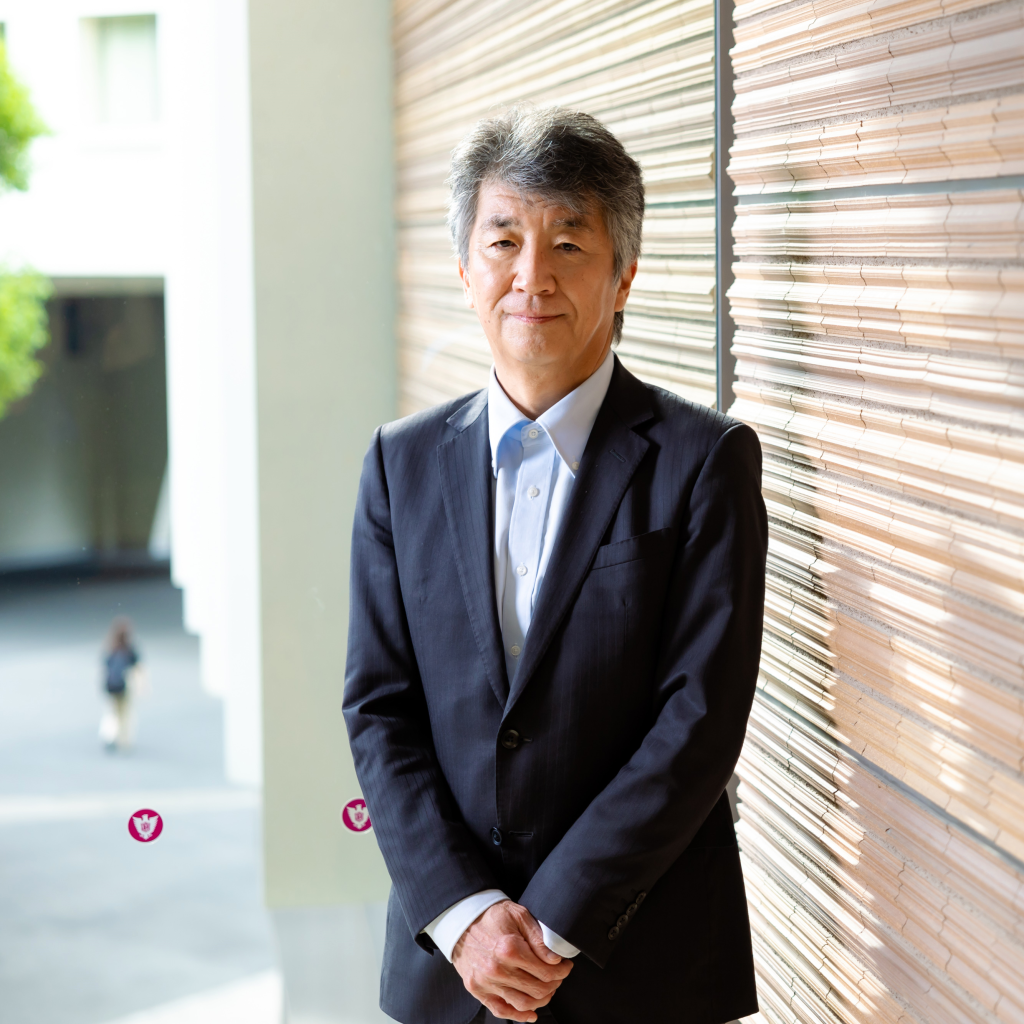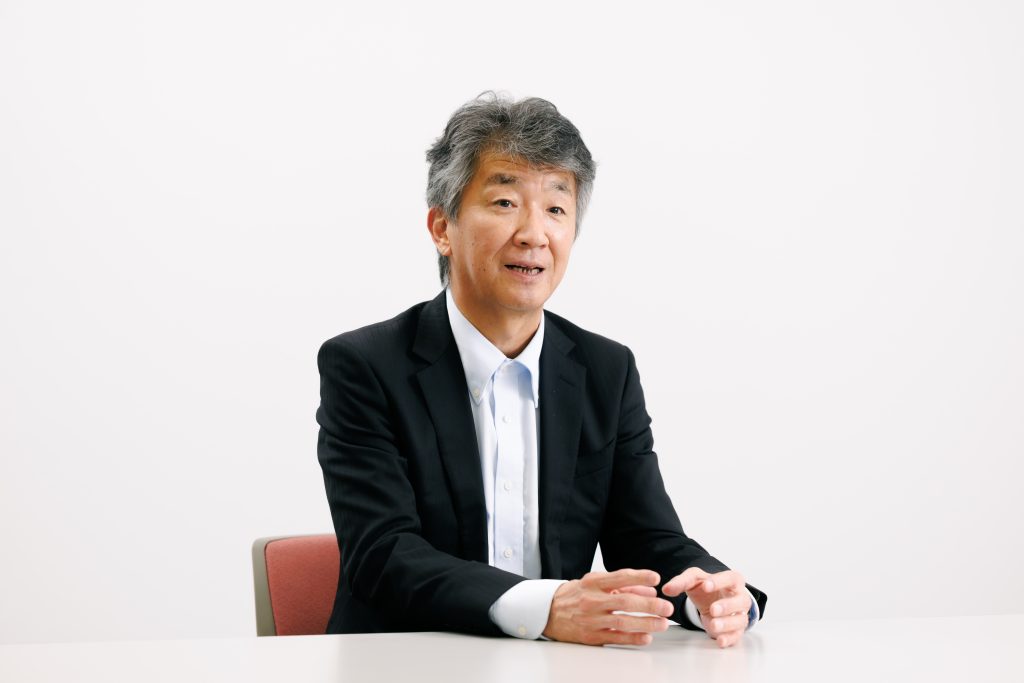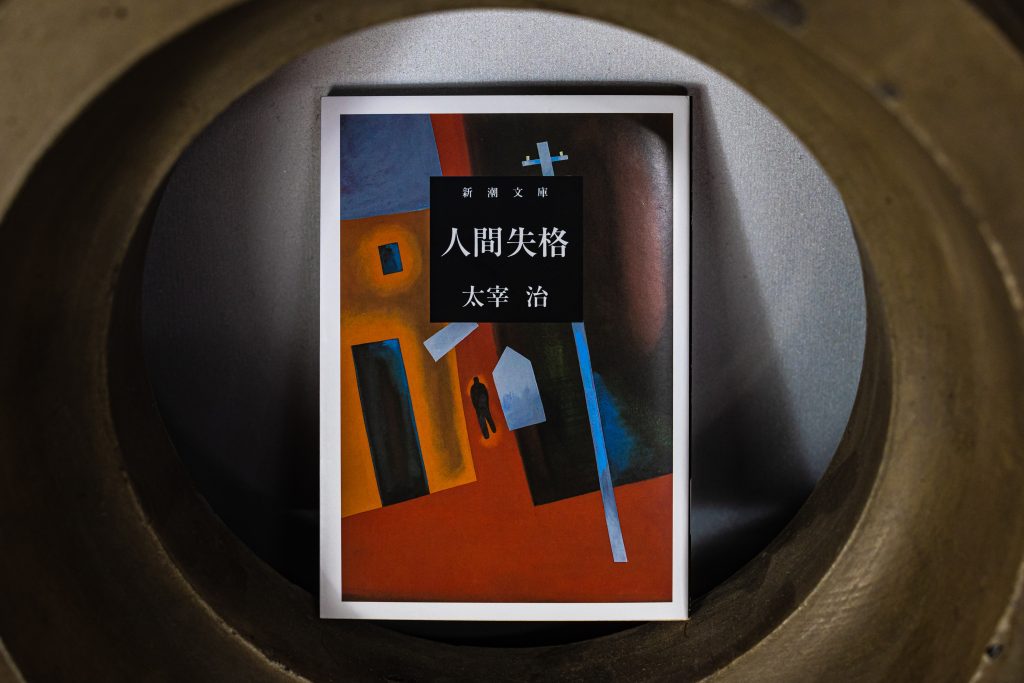
Professor Takashi Suzuki from the Faculty of Science and Technology specializes in mechanical engineering and conducts research on carbon-free engines that use ammonia, which does not emit carbon dioxide when burned. What is the significance of overcoming numerous issues—such as the difficultly of using ammonia as fuel—in research?
Sophia University is one of many entities putting effort into addressing Sustainable Development Goals (SDGs). As a way to help reduce the environmental impact and energy policy set forth in the SDGs, research and development is underway for a carbon-free engine that is fueled by ammonia, which does not emit carbon dioxide when burned. This is a joint research at the Faculty of Science and Technology’s Sophisticated Energy Research Center involving researchers in chemistry, materials science, and precision engineering.
When talking about potential candidates for next-generation energy that are renewable and have zero carbon emissions, we tend to think of hydrogen. However, there are still many issues with using hydrogen as fuel. In the first place, Japan lacks resources and must rely on imports if hydrogen is to be used as fuel, but transportation of hydrogen is difficult as it only becomes a liquid after being cooled to -253℃. As a country that has little land, it is necessary for Japan to assume that energy will be imported.
Burning as quickly as possible is the key to this research

Therefore, I turned my attention to ammonia. When you look at the chemical formula, hydrogen is H2 and ammonia is NH3. Strangely, ammonia has more hydrogen atoms. Furthermore, ammonia is significantly easier to liquify compared to hydrogen, and as it is widely used in applications such as agricultural fertilizers, there is already an infrastructure in place for its safe transportation.
When I learned about a demonstration experiment where natural gas mixed with ammonia is burned at a thermal power plant, I thought, “How about trying to burn ammonia in something smaller?” This was the start of our ammonia engine development.
However, research is not so simple. Ammonia has the issue of being tough to burn as it is difficult to ignite due to its high ignition temperature. In our experiments, under the theme of burning as cleanly and quickly as possible, we burn ammonia using actual engines and inside special containers. Although a slow process, it is very interesting to analyze the reasons when results are obtained and gain better understanding.
Currently, we are conducting development based on diesel engines, which are easier to start. As it is still difficult to burn 100% ammonia, we are experimenting with mixing it with gasoline, which has similar fuel properties. I hope to find a way to properly burn ammonia while gradually reducing the amount of gasoline. In the future, I also plan to incorporate deep learning using artificial intelligence into my research to investigate the instability of ammonia combustion and the instability of boiling.
Contributing to society as an engine researcher
I used to conduct research on gasoline engine systems that emit carbon dioxide. However, environmental issues—such as climate change from carbon dioxide—are becoming increasingly severe each year. To keep pace with Europe and the United States, which are heightening awareness about this crisis, the Japanese government has announced the goal of achieving net-zero carbon dioxide emission by 2050.
Against such a backdrop, opportunities are rapidly increasing for implementing renewable energy—such as solar and wind power—that do not emit carbon dioxide. Looking at the global level, however, the rate of adoption is only 10%. Thermal power plants are still producing 84% of all energy. While there are yet many issues with renewable energy, as a researcher, I hope to contribute to a sustainable society and convey the significance of thinking about the future.
The book I recommend
“Ningen Shikkaku”(No Longer Human)
by Osamu Dazai, Shincho Bunko

I read this book during my time in high school. As it takes effort and stamina to read classic literature, high school is probably a good time to read this kind of book. I still remember my amazement at feeling a sense of similarity with the protagonist when I read this book back then.
-
Takashi Suzuki
- Professor
Department of Engineering and Applied Sciences
Faculty of Science and Technology
- Professor
-
Graduated from the Department of Mechanical Engineering, Faculty of Science and Technology, Sophia University, and received his Ph.D in Engineering at the university’s Graduate School of Science and Technology. Took on several positions—such as research assistant at Department of Mechanical Engineering and associate professor at the Department of Engineering and Applied Sciences, both under Sophia University’s Faculty of Science and Technology—before assuming his current position in 2014.
- Department of Engineering and Applied Sciences
Interviewed: May 2022